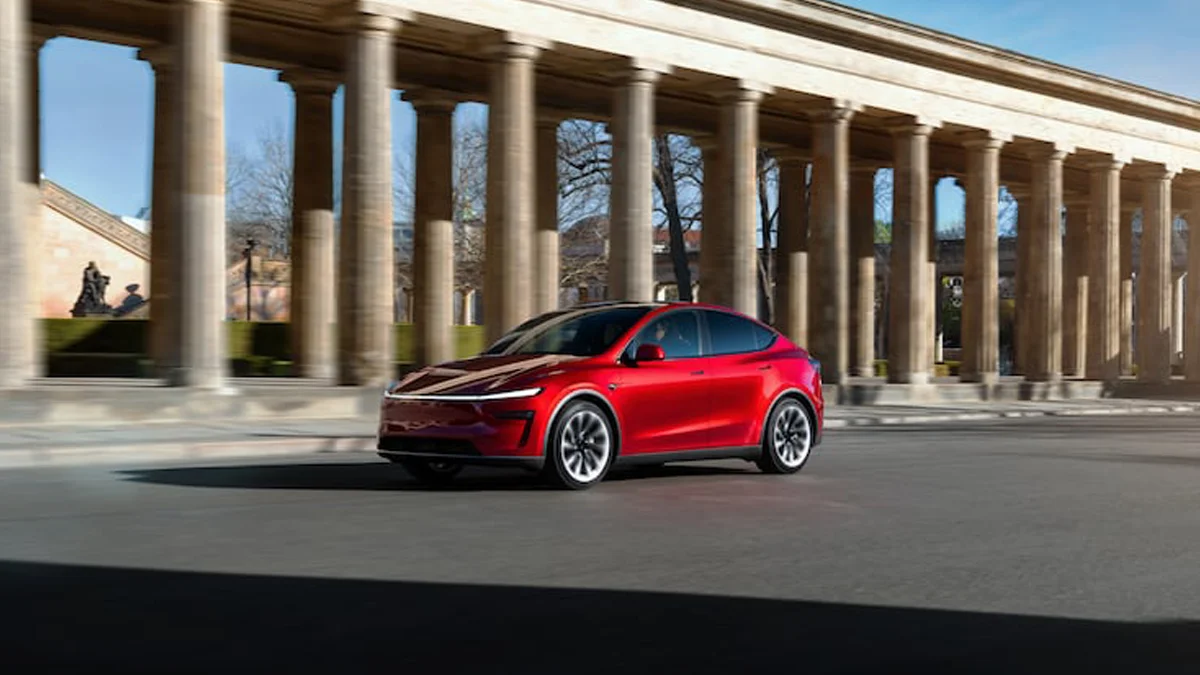Necessary Always Active
Necessary cookies are required to enable the basic features of this site, such as providing secure log-in or adjusting your consent preferences. These cookies do not store any personally identifiable data.
|
||||||
|
||||||
|
||||||
|

Tesla’s India debut via the Model Y is finally taking shape after years of speculations on July 15th in Mumbai’s NKC, as reported by Moneycontrol. The electric vehicle giant, led by Elon Musk, is preparing to enter the Indian market with its globally successful SUV, the Model Y. With a growing interest in electric vehicles (EVs) and a push for green mobility in the country, Tesla’s entry could be a game-changer.
The Model Y is one of Tesla’s most popular cars globally. It is a mid-sized SUV that blends performance with practicality. For Tesla’s India debut via the Model Y, this model makes strategic sense. It’s spacious, has impressive range figures, and is already tested across various global markets.
In terms of features, the Model Y comes with a minimalist interior, a panoramic glass roof, advanced driver-assistance systems, and the signature 15-inch touchscreen that controls nearly everything in the car. The five-seater version is expected to be the first one offered in India, with a possibility of a seven-seater version later, depending on market response.
Tesla’s electric cars are well known for delivering impressive mileage. According to the China Light-Duty Vehicle Test Cycle (CLTC), the Model Y Rear-Wheel Drive (RWD) variant offers a range of up to 593 km on a single full charge. The Long Range All-Wheel Drive (AWD) version goes even further, with a claimed range of 750 km.
In terms of performance, the RWD model can go from 0 to 100 kmph in just 5.9 seconds. The AWD version, equipped with dual motors, is even quicker, hitting 100 kmph in just 4.3 seconds
The dual-motor all-wheel-drive version is likely to be the one launched initially. This variant can accelerate from 0 to 100 km/h in just under 5 seconds. The Indian version of Tesla’s Model Y is expected to offer a range of approximately 500-530 km on a single charge under real-world conditions. Fast charging capabilities, over-the-air updates, and Tesla’s connected car ecosystem will also be part of the offering.
Tesla’s India Strategy seems to be focused on understanding market demand before setting up full-scale local operations. The company is expected to test the waters by first bringing in vehicles as Completely Built Units (CBUs). This approach allows Tesla to enter quickly without waiting for local manufacturing infrastructure to be ready.
However, the high customs duty on CBUs in India, which can go up to 100%, remains a challenge. Industry insiders suggest that Tesla is actively lobbying for duty relaxations, particularly for EVs priced under a certain threshold. If some concessions are made, Tesla could pass on the benefits to consumers, making the Model Y a more attractive proposition.
For now, Tesla’s import strategy involves bringing limited units of the Model Y to gauge consumer sentiment and demand. The company is also in talks with Indian government officials to explore setting up a manufacturing unit in the country, possibly with local suppliers to align with the “Make in India” initiative.
If the initial response is strong, Tesla may gradually expand to include other models like the Model 3 or even future vehicles tailored to Indian road conditions and pricing expectations.
Tesla’s India debut via the Model Y in Mumbai’s BKC signals the start of a new chapter in the Indian EV space. With its performance, technology, and brand appeal, the Model Y has the potential to reshape how premium EVs are perceived in the country. All eyes will now be on how the company navigates local regulations, pricing strategies, and infrastructure challenges in the months to come.